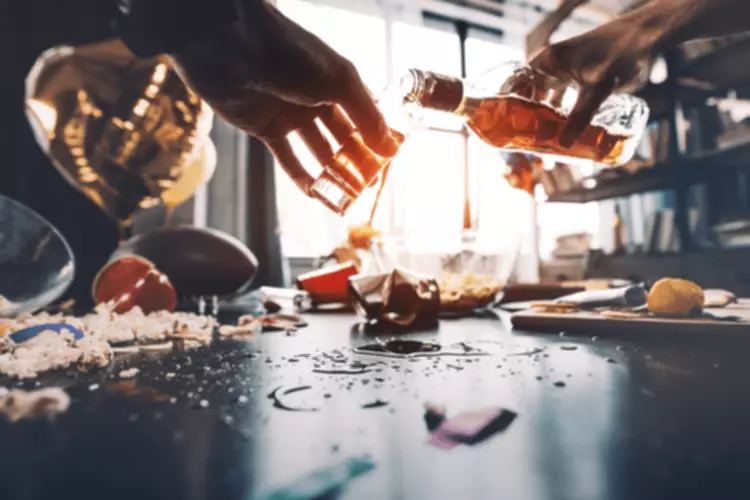
He first had me think about all the things I lost due to my alcohol or drug use. So I did, and while I was mentally compiling that list I thought, “Damn, could all of this hurt and pain have been avoided if I had not been drinking or high? However, even though I had all these terrible things going on, I continued to drink thinking it’s not that bad or it would get better.
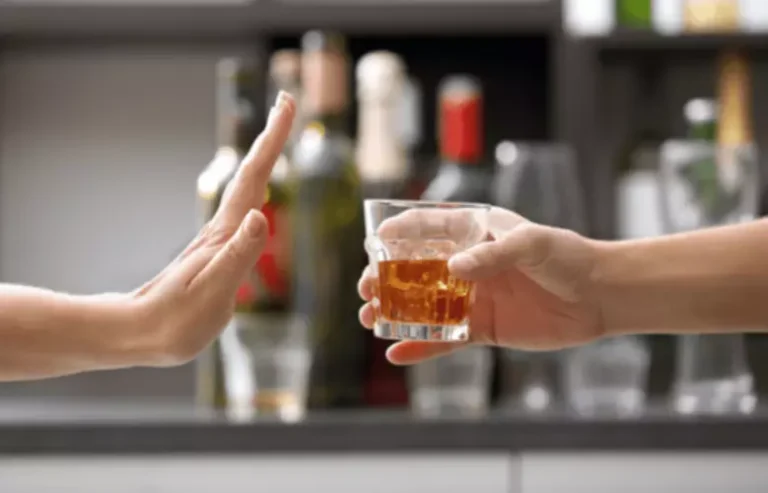
Are you an alcoholic?
When I completely gave up and stopped fighting the disease to admit step one, I could precede to the next step. This is a pivotal part of the program as it is a requirement to be honest, open minded, and willing! I wish all of you the best as you embark on the spiritual trip of a life time. I know you don’t believe what I am saying, but trust me when I say if my life then was better than my life now, I would still be drinking!
Taking the 1st Step Toward Managing Alcoholism
- The brain controls our movements, thoughts, critical thinking, coordination, speech, and walking.
- I have to accept the realities of the illness of alcoholism and seek connection with other alcoholics in order to begin a true recovery.
- Over time, you and your family lose control of your thinking.
- The AA first step, admitting powerlessness and acknowledging the unmanageability your addiction brings, is a crucial leap toward lasting recovery.
The first step is about powerlessness over behavior that makes the individual’s life unmanageable. Step 1 of AA is crucial because it’s not just about you and your recovery journey. After all, while people with AUD are powerless over alcohol, their loved ones feel powerless as well. They can’t help you break your addiction, and they feel stuck in uncomfortable positions while they make excuses for your drinking.
Why Does Admitting Powerlessness Matter?
In our recovery programs for men in Colorado, we work on this step. This step of accepting powerlessness from the 12-Step process of recovery essentially highlights the power of drugs and alcohol over our lives. Few people intend to destroy their lives and relationships by drinking or doing drugs, but that is what can happen with addiction. These substances literally rewire brain function, making the need to satisfy a craving take prominence over everything else in life–regardless of the consequences.
The 12-step program is based on the belief that one day at a time we can take control of our lives by making positive changes. Many peer recovery groups use examples of powerlessness in sobriety to help participants accept themselves for who they are. Acceptance includes taking responsibility for our actions and accepting that we cannot change what has happened in the past. Powerlessness is often mistaken for weakness, but this is actually examples of powerlessness over alcohol a step of strength. Recovery is a journey that can seem intimidating if you’re just beginning, but in AA, you just have to take it one step at a time.
Neurobiology of Addiction
We sometimes feel as if we are the victim and point fingers at other people or situations. This kind of thinking prevents us from looking at our powerlessness. Accepting our powerlessness opens us up to the willingness for a Higher Power’s help. We let this Power remove the problem by practicing the rest of the steps as a way of life.
Step One is a powerful catalyst for profound change, fostering personal growth, resilience, and a renewed sense of purpose. Step One AA acknowledges that not only are you powerless over alcohol, but your life has also become unmanageable as a result. This unmanageability often manifests in various ways, such as deteriorating relationships, declining physical and mental health and a growing sense of despair. Recognizing this unmanageability is crucial because it propels individuals toward seeking help and making lasting changes.
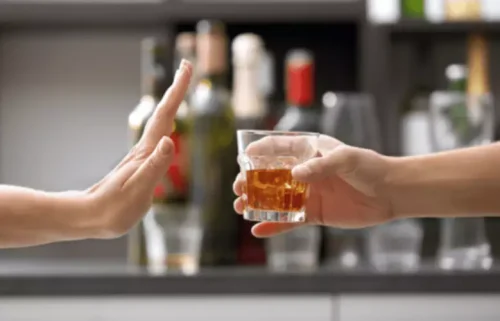
- The 12-step program is based on the belief that one day at a time we can take control of our lives by making positive changes.
- This concept highlights the overwhelming compulsion to drink despite the negative consequences it brings, such as health issues, damaged relationships, and financial problems.
- Everything that brought grief or loss to my life was directly related to my alcohol and drug use.
- We live in a society that tells us we should be able to figure out our problems and overcome challenges on our own; that if we can’t, we’re weak.
Discover the causes of prescription opioid abuse, its impact on health and society, and recovery options. Uncover why mixing prescription drugs with alcohol examples of powerlessness over alcohol is dangerous, from health risks to legal consequences. Acknowledging powerlessness over alcohol and drugs can be liberating for many people. It frees you up to focus your time and energy on things that are within your https://ecosoberhouse.com/article/choosing-sobriety-gifts-10-great-ideas-to-consider/ control. Perhaps you are familiar with the words of the Serenity Prayer, which is commonly recited at AA meetings.
- Brian also shared a sentiment that he heard from someone in the rooms.
- Step 1 of AA acknowledges the need for members to hit rock bottom to understand alcohol addiction’s destructive nature.
- Explore “I Am Not Resistant” and learn strategies to overcome addiction and embrace a transformative journey.
- Breaking the isolation of addiction is a pivotal outcome of Step One.
Again, later on I found out that I enjoy doing all those activities just as much if not more when I’m sober.
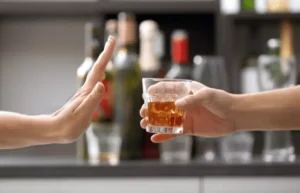
We don’t have the power over the obsession to drink, nor do we have the power to control how much we drink once we Sober living home start. What we can do is turn to a Power greater than ourselves for help. We let this Power do what we are unable to do for ourselves.
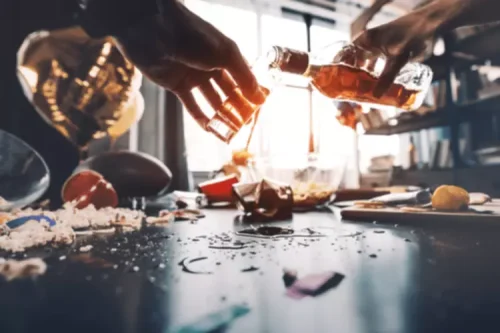
It also made me realize that I’m not a bad person or a weak person. I finally understood what an alcoholic and addict really is. I saw that I was worse than I knew, but understanding the problem helped me accept the solution.
